Grilling Safety Tips for Propane, Charcoal and Gas Grills

Nothing says summertime like eating hamburgers, hot dogs and barbecue straight off the grill. There’s something about cooking your food over an open flame that seems to make everything taste better. But it does come with one notable risk: house fires.
According to the National Fire Protection Association (NFPA), grills are the cause of more than 10,000 house fires each year, on average — resulting in $149 million in property damage. (That’s why it helps to have the right homeowners insurance.)
To help you stay safe during your next cookout, we’ve put together a list of essential grilling safety tips:
Grill Placement
- Keep it outside.
Propane and charcoal grills should always be used outdoors. Even a large open space, like a garage, is an unsafe location to cook. In addition to the fire risk, poorly ventilated areas could result in carbon monoxide poisoning. It’s also not recommended to grill on a wooden deck (such as those on apartment balconies), since wood is combustible and can catch fire easily.
- Find a level spot.
Only use your grill on a flat, level surface. Using your grill on an incline could cause it to roll or tip over.
- Give it space.
Avoid placing your grill near your home and deck railings, or underneath eaves and awnings. The heat generated by your grill could melt vinyl siding or even start a fire.
- Watch it carefully.
Never leave your grill unattended. And be sure to keep kids and pets a safe distance away at all times.
- Don’t move a lit grill. After your grill is lit, don’t attempt to move it to another location. Moving a lit grill risks burning yourself or others. The movement could also dislodge a burner tube or other important component.
Gas Grill Safety: Propane Grills and Natural Gas Grills
- Check for leaks.
At the start of the season, conduct a thorough inspection to ensure there are no gas leaks. You can do this by applying a soapy water solution to your gas tank and hose connections. If you see bubbles rising from any connection points or smell gas, turn the grill off and get it serviced before using.
- Watch out for rust.
Over time, rust can begin to form on critical grill components like burners and propane tanks. If any of these parts are heavily rusted, get them replaced. Surface rust on grill grates can typically be removed with a thorough cleaning — just make sure it’s all gone before you start to cook.
- Open the lid.
When lighting your gas grill, make sure the lid is open. Keeping the lid closed can allow gas to build up inside the grill, which can lead to a flash burn.
- Keep your distance.
When lighting your burners, don’t lean over the grill. If you can’t get a burner to light, turn off the grill and wait at least five minutes. Then try again.
- Turn off the gas. After you’ve finished cooking, remember to turn off the propane — at the grill and the tank shutoff. This is especially important for direct-line natural gas grills , which have an endless supply of fuel. If you ever smell gas after the grill has been turned off, call your local fire department.
Charcoal Grill Safety
- Go easy on the lighter fluid. If you use lighter fluid to start your charcoal fire, only use a fluid that’s made for starting grills. Let the charcoal soak up the fluid before lighting. And never use gasoline or other flammable liquids — this could cause an explosion.
- Don’t add more lighter fluid. Once you’ve lit your charcoal, it’s a major fire hazard to add more lighter fluid. Be sure to cap your lighter fluid when you’re done. If you’re using “instant light” charcoal, avoid the temptation to add more lighter fluid to the briquettes.
- Consider a safer fire starter.
There are several alternatives to lighter fluid that offer a safer way to start your grill. This includes metal chimney starters, which use newspaper as a fire source, and solid fire starters made from flammable wax or wood. Electric starters work well, too — but don’t use one in wet weather.
- Control your vents.
Charcoal grills need oxygen to burn. So keep your vents open when cooking, and close them to extinguish the flame.
- Let it cool.
When you’re finished cooking, give your grill enough time to cool down completely before covering it. This is important for gas grills, too. But charcoal grills take much longer to cool because you can’t just “turn off” the fire inside.
- Safely dispose of coals and ashes. Hot coals and ash can become a major fire hazard if thrown away too soon. Before cleaning out your ashes and charcoal, let it cool for 48 hours. If you need to clean out your grill sooner than that, wrap the ashes in aluminum foil and soak them with water. Then, dispose of them in a non-combustible container.
HOW TO PUT Out A Grill Fire
- Never use water.
If your grill catches fire, your first instinct may be to spray it down with the hose. Bad idea! Grill fires are essentially the same as a grease fire in your kitchen. And because oil and water don’t mix, using water to extinguish the flames will just lead to an explosion of burning grease.
- Use a fire extinguisher.
The best way to put out a grill fire is by
using a multi-purpose fire extinguisher
. It’s smart to have one close by – and know how to use it – just in case. Make sure it’s been tested and inspected recently, too.
- Smother the flame. If you don’t have a fire extinguisher on hand, smother the flame by cutting off the supply of oxygen. You can do this by closing the lid and grill vents. Spreading baking soda on the flame can also help put it out.
Grill Storage and Maintenance
- Clean drip trays. Most grill fires can be prevented with a little bit of maintenance. If your grill has a drip pan or tray, get in the habit of regularly cleaning out the fat, grease and oil that collects there. And brush off your grill grates each time you’re finished cooking. It’s a messy job, but it will prevent fires by removing the fuel that gets burned while helping to prevent your grill from rusting.
- Use a cover. Most grills are designed to be stored outdoors all year long. But using a weatherproof cover will help keep dirt and moisture out during wet and snowy weather.
- Store propane safely.
When your grill will be out of use for long periods of time, it’s best to fully disconnect the propane tank. If you decide to store your grill indoors for the winter, be sure to leave the gas tank outside. Propane should never be stored indoors — even in a shed or garage.
What to Do in an Emergency
- Use a safe and trusted method to attempt to stop the fire.
Using a multi-purpose fire extinguisher, make an attempt to put out the flames as quickly as possible.
- Call 911.
If you can’t put out the fire, call for help immediately. House fires spread quickly, so the faster you get professional help, the less damage it will do.
- Treat any injuries.
Each year, nearly 20,000 people visit an emergency room because of grill-related injuries. For minor burns, run cool water over the area, cover it with a sterile non-adhesive bandage and take an over-the-counter pain reliever. For more serious injuries, see a doctor immediately.
- Assess the property damage. After the fire is out and any injuries have been treated, evaluate how much your property has been damaged. Take photos to document the damage, and consult your home inventory for any lost property. Your Erie Insurance agent can help you decide whether to file an insurance claim and guide you through the claims process if you do.
Protect What Matters Most
As a homeowner, you can take steps to ensure both your house and family are well protected. In addition to following these grilling safety tips, make sure you also have the right homeowners insurance coverage. For a fast, free coverage check, contact an ERIE agent in your neighborhood today.
The post Grilling Safety Tips for Propane, Charcoal and Gas Grills appeared first on Lindquist Insurance.




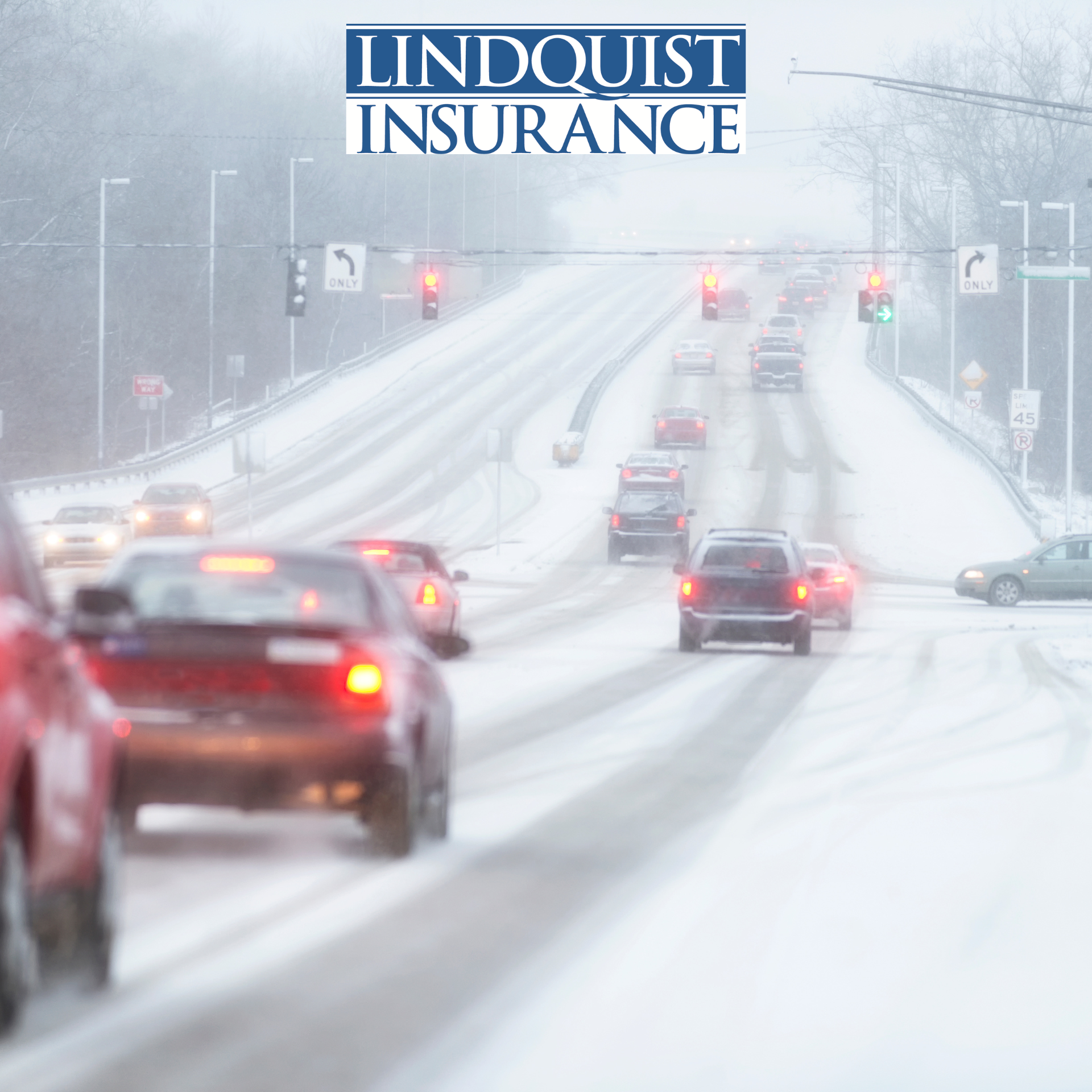
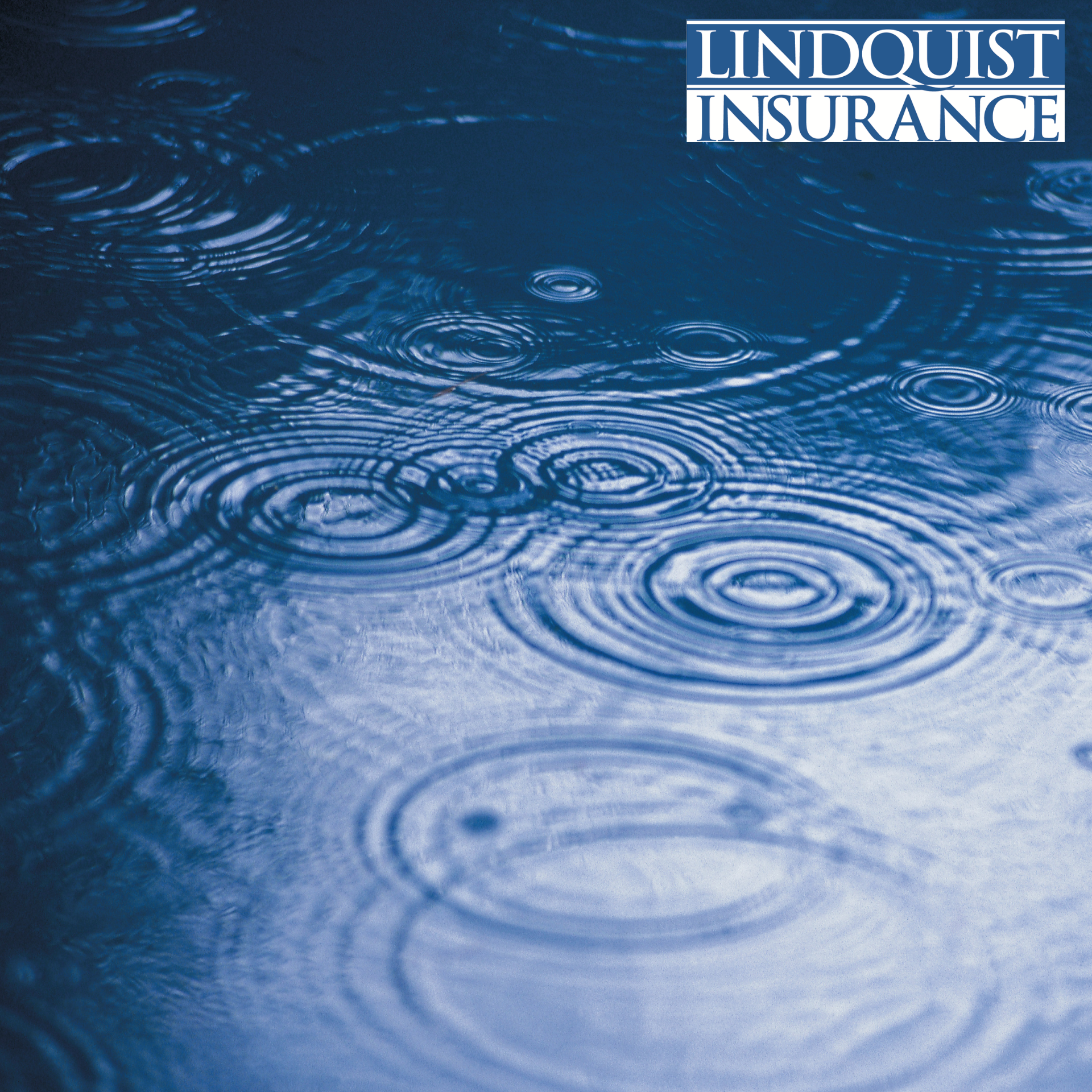

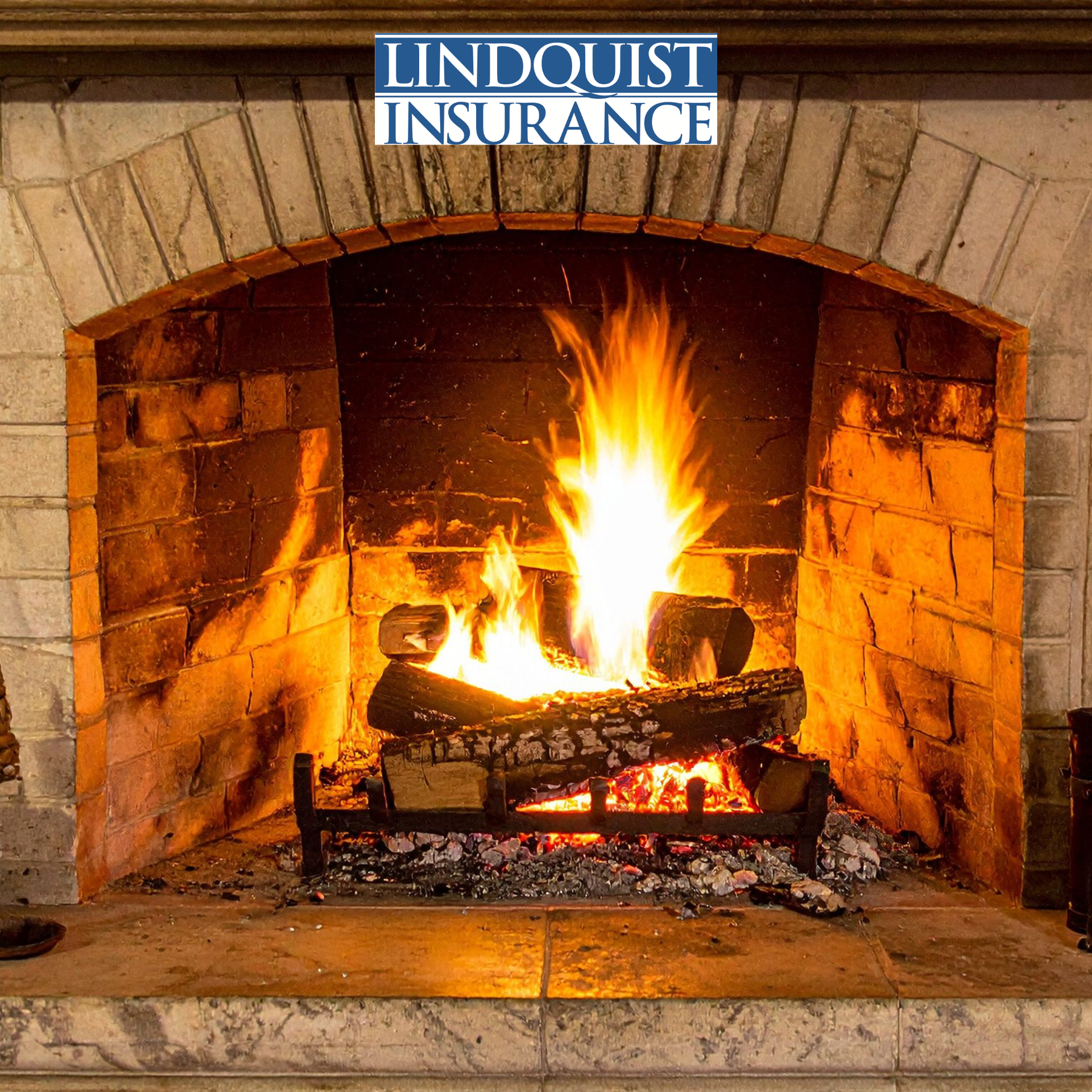
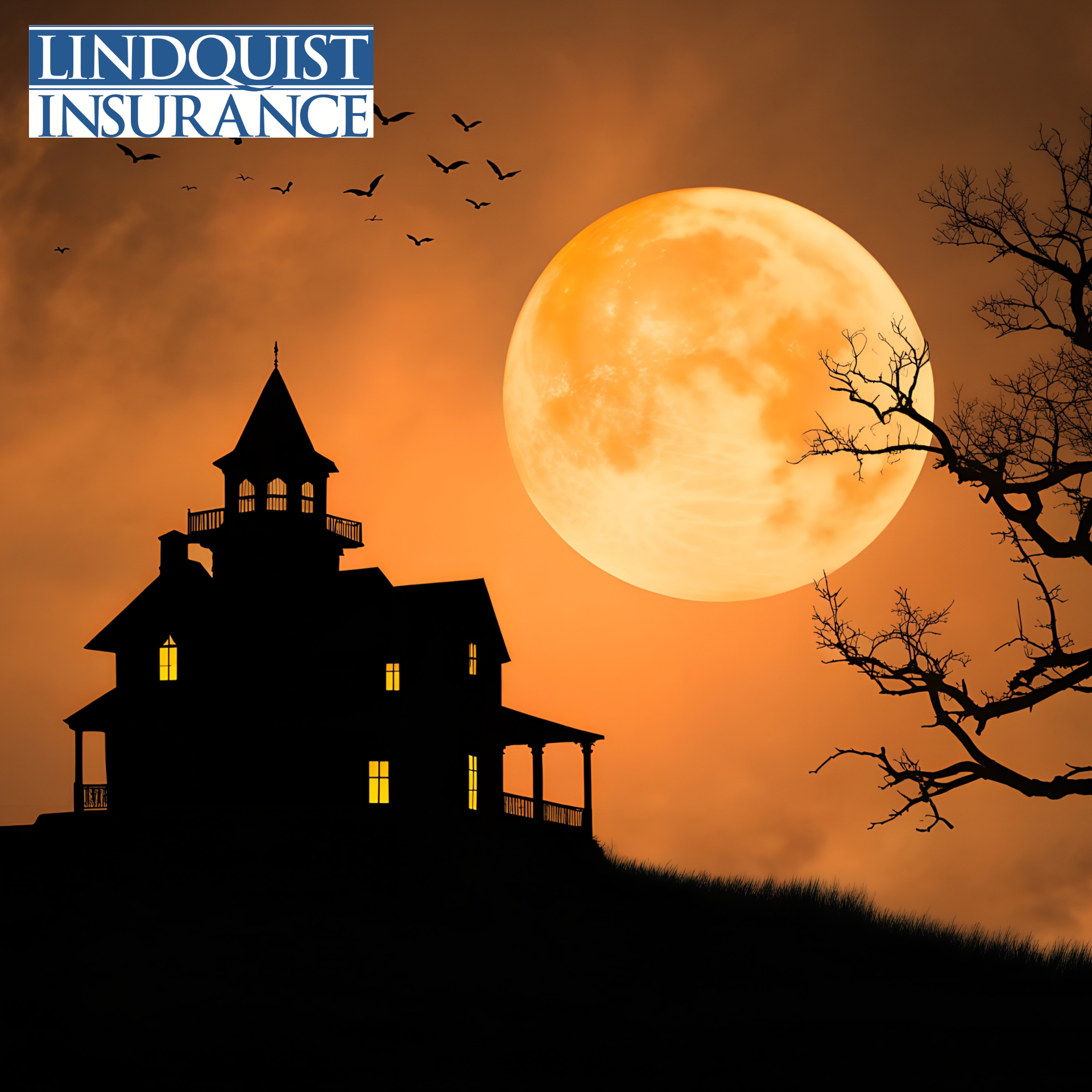
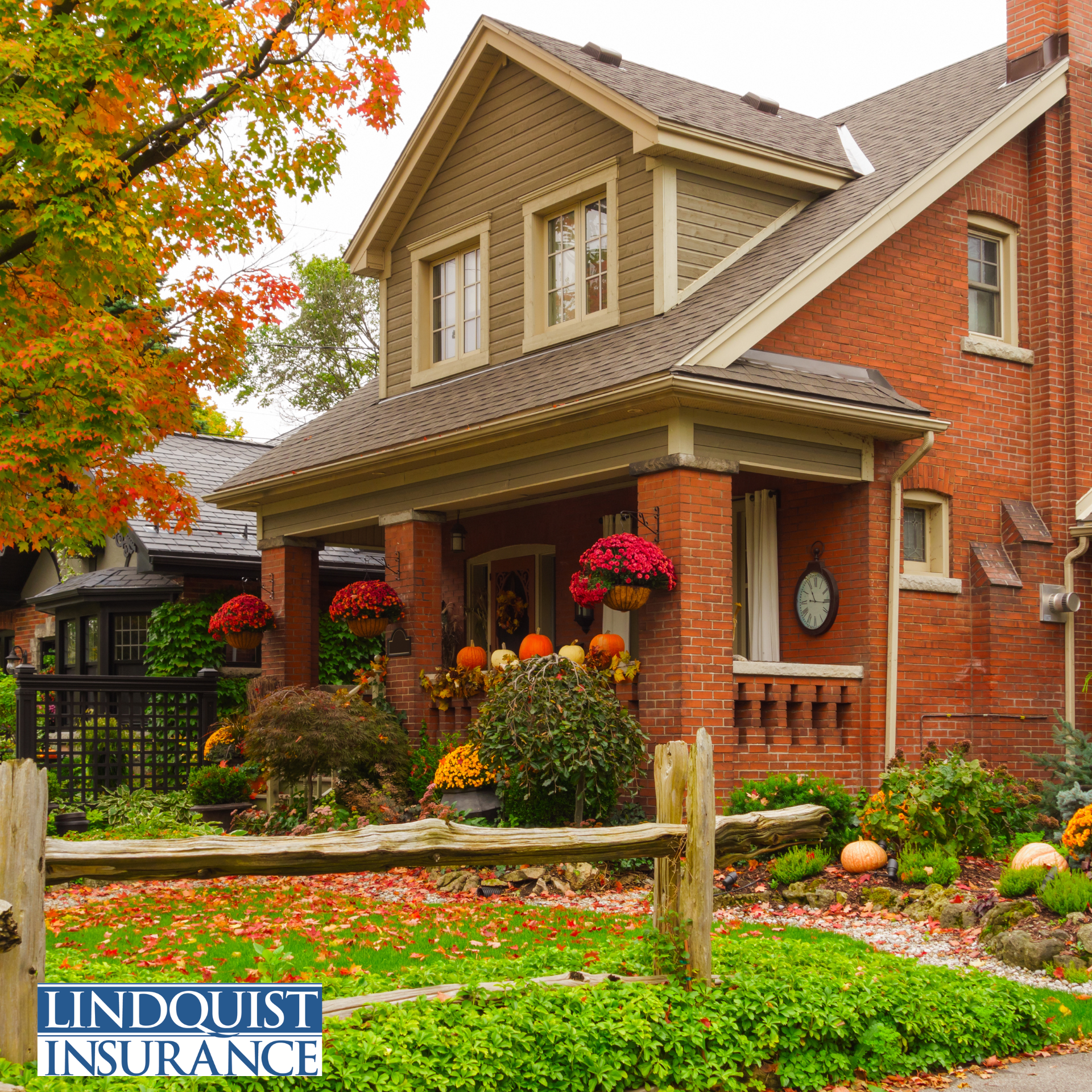
Share On: